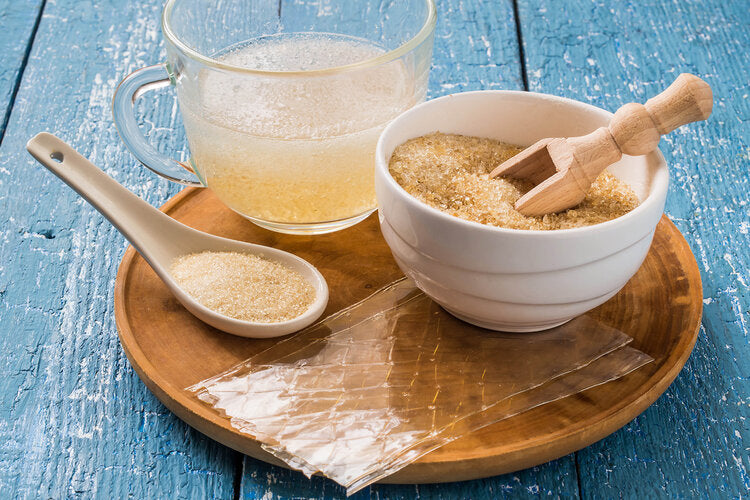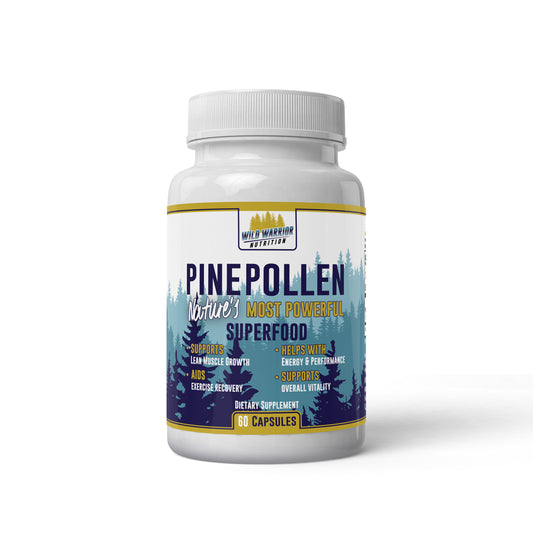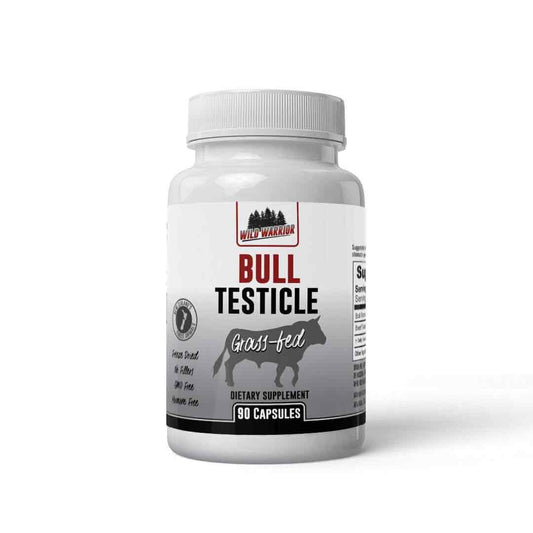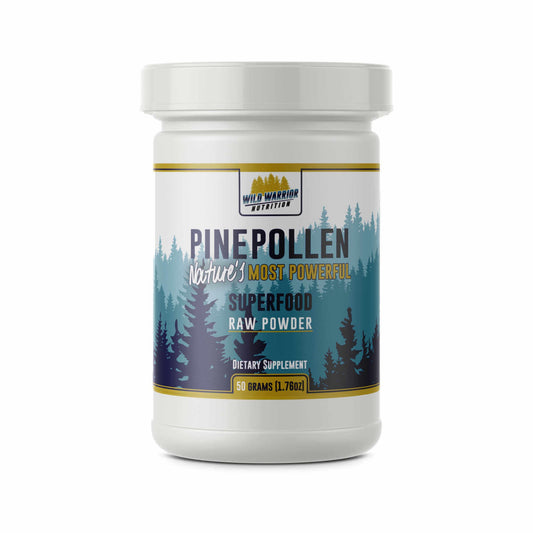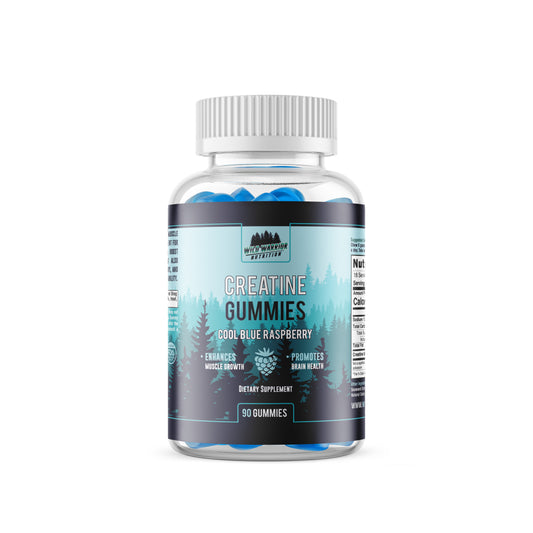The following was posted by Dr. Rhonda Patrick via FoundMyFitness.com. Click here to read their full analysis on hydrolyzed collagen.
When we think of aging, many of us start with what we see in the mirror. What do we see? If we're getting to a certain age, we might notice some deterioration in the elasticity of our skin. More than skin deep, we might feel more aches as we go about our day. These aches, no doubt, share a connection to that deterioration that may be evident in the mirror.
The acute loss that we intuitively connect to aging relates, at least in part, to a change in the collagen content of our skin and connective tissues, tendons, ligaments, and cartilage. These changes also occur in blood vessels, muscles, gut tissue, dentin, and others – places where collagen function is crucial.
Collagen, however, is also a component of the diet, a special context we talk about in today's new topic article.
Collagens type I, II, and III are typically hydrolyzed and utilized as oral supplements, which have demonstrated promise in improving skin health, decreasing joint pain due to arthritis or athletic injury, and ameliorating hypertension.
For example, collagens type I, II, and III might be beneficial in improving skin health. Multiple randomized controlled trials have shown that oral supplementation with hydrolyzed collagen improves skin elasticity, wrinkles, and more. The beauty of collagen is more than skin deep, though.
Hydrolyzed collagen supplementation may reduce pain and disability in people with arthritis and may be an affordable and effective strategy for treating the symptoms associated with the condition.
It also might be effective for treating rheumatoid arthritis, an autoimmune disorder that degrades the joints. Evidence from in vitro studies suggests that type II collagen regulates the balance of pro-inflammatory immune cells and increases anti-inflammatory mediators to improve joint health.
And in a surprising example of "more is not necessarily better," some of the clinical studies investigating the use of hydrolyzed collagen for rheumatoid arthritis used really low doses (in the microgram range, compared to the milligram range utilized in other studies)...But how does that work?
Some researchers have suggested that lose-dose hydrolyzed type II collagen might act as an antigen to stimulate active immune suppression.
The upshot: Collagen appears to induce peripheral immune tolerance to suppress autoimmune responses, which is pretty mind-boggling.
Hydrolyzed collagen might be beneficial for healthy people, too – especially athletes, who often experience activity-related joint pain.
Getting from collagen to hydrolyzed collagen, also referred to as collagen peptides or collagen hydrolysate, takes a little work.
Collagen proteins have to be denatured, or broken down, into smaller amino acid chains (called peptides) by heating or enzymatic treatment – a process called hydrolysis.
Hydrolyzed collagens are widely available as dietary supplements.
The hydrolyzed collagens in supplements can be derived from a wide range of animal sources, such as cows, pigs, and chickens.
Most hydrolyzed collagens come from marine species, however, because they're widely available and less likely to carry transmittable diseases (like mad cow disease, for one).
Of course, you could try to cook up your own collagen in a batch of homemade bone broth.
Evidence suggests that the key amino acids in collagens differ substantially in various bone broth preparations compared to hydrolyzed collagen supplements, which are pretty standardized.
Another benefit of hydrolyzed collagens: They might be absorbed faster and more efficiently than undenatured collagen.
Once absorbed, some animal research suggests some of the collagen peptides appear to be directly deposited in tissues such as cartilage and skin.
This is important because once there, they can aid in tissue growth or repair.
In addition to collagen's beneficial effects on soft tissues, evidence indicates it may improve bone health and healing.
Several clinical studies have found that hydrolyzed collagen powder can improve bone mineral density and attenuate bone loss, particularly in combination with vitamin D and calcium.
But in more bad news about aging:
Once you reach the age of 18 years, your skin collagen content maxes out. And then steadily decreases by about 1 percent every year thereafter.
By the time you're 80 years old, the collagen production in your skin might be 75 percent of that in the skin of someone in their teens or early 20s.
Although lots of topical cosmetic products contain hydrolyzed collagens, they probably won't help a lot in terms of replacing lost collagen.
They might penetrate the first layer of the skin to some extent, so they might aid in skin moisturizing, but that's about it.
I think you're going to enjoy reading this overview article and, like me, find some of the research surprising.

